One of the most acclaimed writers of genre fiction in Japan, Miyuki Miyabe has been the recipient of numerous literary awards, while her works have been translated into over a dozen languages and found their way to the big and small screen numerous times. “The Devil's Whisper” however, seems to be on a lower level than some of her other works, as in the case of “Shadow Familly” or “All She Was Worth”. Let us take things from the beginning though.
Buy This Title
by clicking on the image below
Sixteen-year-old Mamoru Kusaka has recently moved to Tokyo to live with his aunt and uncle after the death of his mother. He still has problems in school, particularly with some bullies, while his past, of a father who embezzled money and disappeared, still haunts him. At the same time, though, he has managed to get some sort of balance, through the support of his new family and particularly his cousin, Maki and his colleague in the bookstore he works part time. However, when his uncle is involved in an accident that ends up with a young woman murdered, and finds himself in prison, the situation for the whole family deteriorates fast. Furthermore, it seems that the murder was not exactly a separate event, and Mamoru soon finds himself having to face a man who seems to be able to control people's thoughts, threatening both him and his family.
Allow me to start with the negative. The book shows its age particularly regarding the lack of focus on scientific fact, especially about hypnotism, with the concept definitely going too far in that aspect. Furthermore, there are a number of plot holes which Miyabe attempts to ‘masquerade' by adding events and characters, which result in even less realistic premises, as with the fact that Mamoru has learned the ‘art' of lock picking by an older man he met in the town he grew up in.
And talking about Mamoru, he emerges as a character that is not particularly realistically presented, neither particularly likable, maybe with the exception that he seems rather smart for his age, carries a lot of burden, and tries to protect those around him. Granted, those traits could have been enough for him to gain singificant sympathy, but the fact that Miyabe does not highlight his overall psychosynthesis deeper, makes him appear somewhat ‘thin'.
The whole function of Yoshitake, who is initially presented as his uncle's boss, goes too far too, with the author using him as a catalyst (Deus ex Machina one could say) too many times. The same applies to Harasawa, another key character here, who essentially is presented as someone with supernatural abilities. Miyabe tries to tone this element down close to the end of the book, but her effort looks somewhat clumsy, and definitely does not help.
If you like The Devil's Whisper, check also this article
The above, however, do not mean that “The Devil's Whisper” is without merits. For starters, the flow of the story is excellent, definitely retaining a sense of agony regarding all the loose endings Miyabe gracefully opens and closes. Furthermore, the fact that everything could go wrong, even for the ‘good guys' adds even more to the aforementioned aspect, essentially carrying the book from beginning to end. Mamoru's research on what is happening and the shock he experiences when he does find out various truths is also captivating, with the author placing the twists in ideal points throughout the narrative.
The concept of how the parents' choices torment their children is well presented, as much as crime and punishment, with Miyabe actually turning both on their heads a number of times, in a rather intelligent approach. That the ending is quite concrete, if far-fetched, is also a tick in the pros column, particularly since it is not something that is a given in Japanese literature.
Lastly, Miyabe's prose, with ‘newsreels', the presentation of the memories and the thoughts of the protagonists, the letters and the phone calls, along with the small, simple sentences definitely works well in terms of readability. In that fashion, in combination with the agony mentioned above, “The Devil's Whisper” emerges as a genuine page-turner, in the trait that mostly elevates it above its issues. It may not be Miyabe's finest work, but it is still an equally enjoyable read.


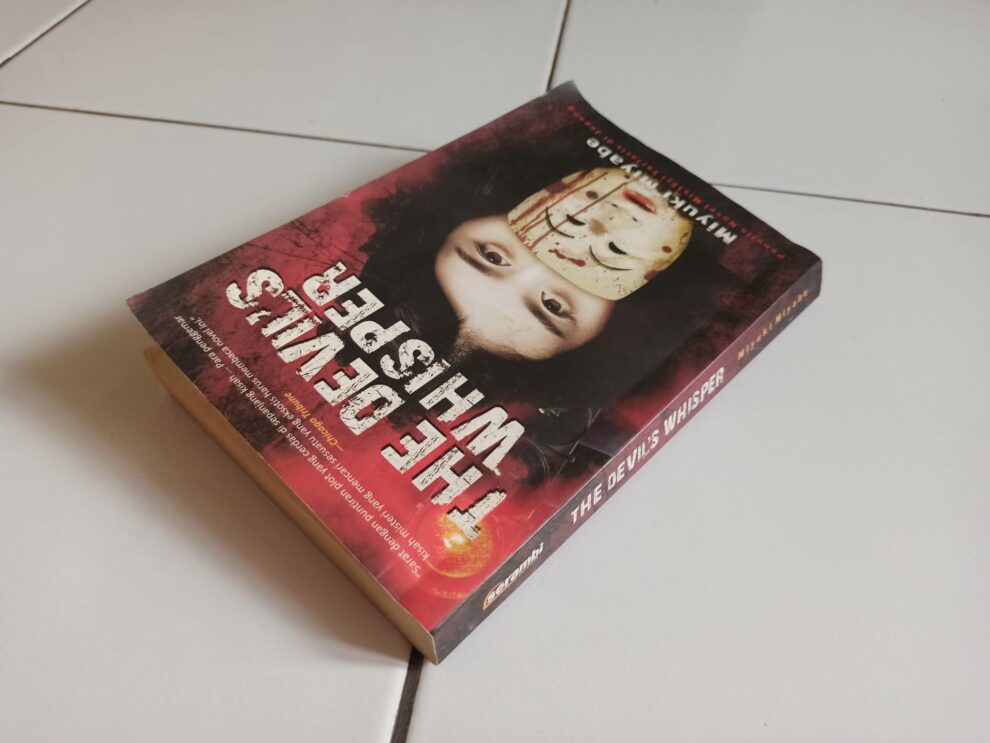
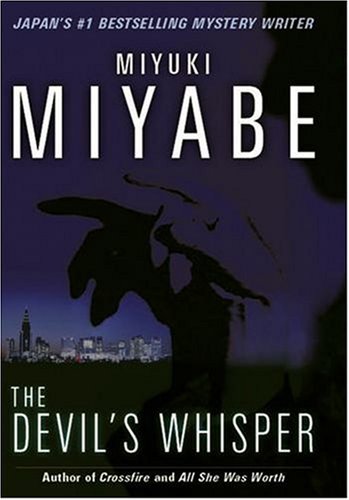
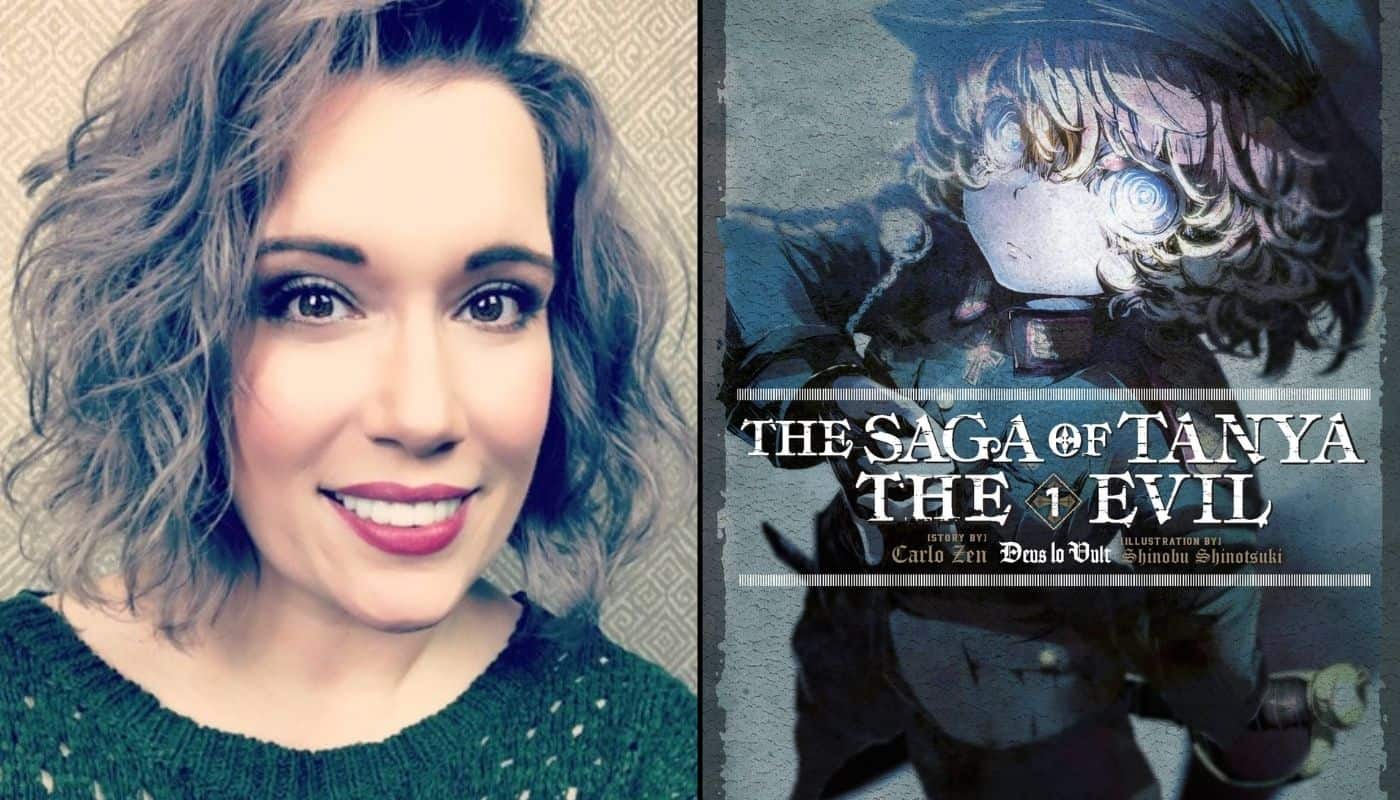

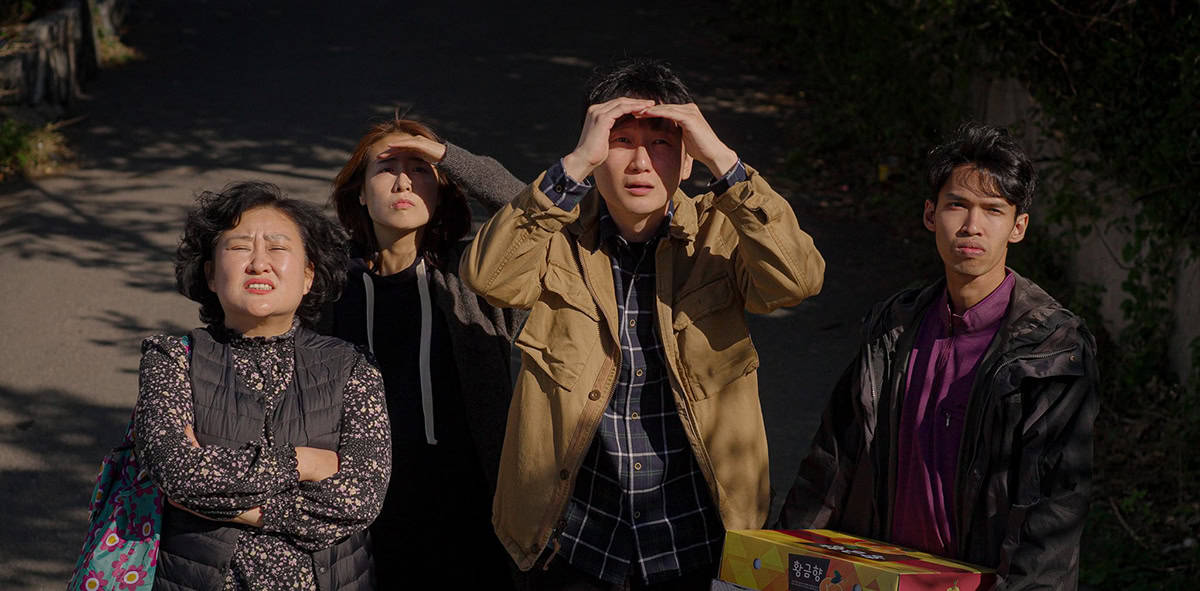

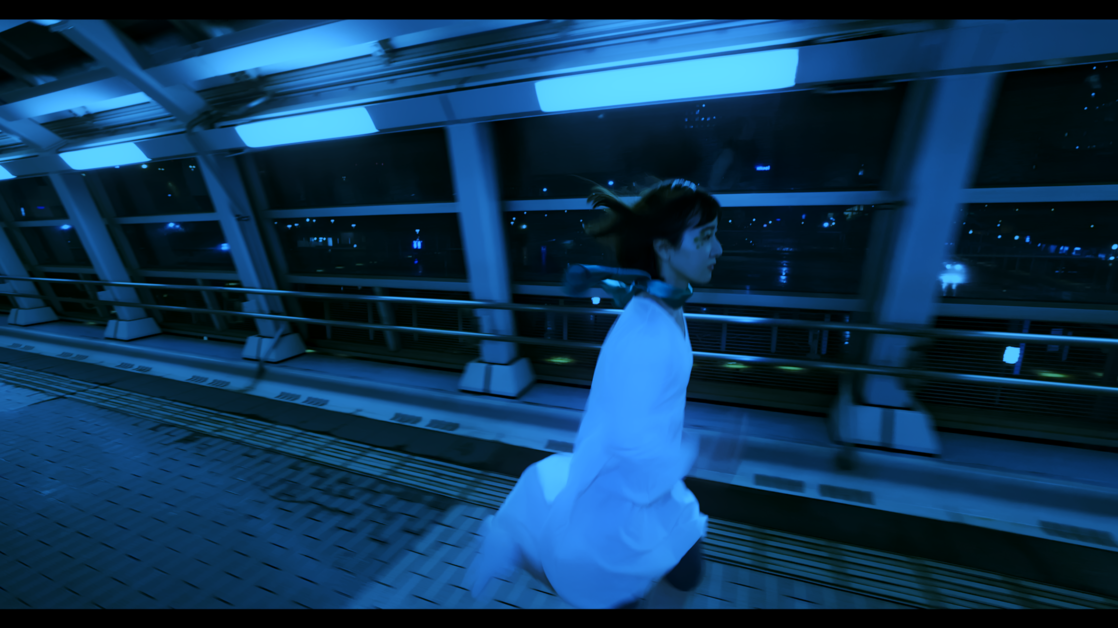
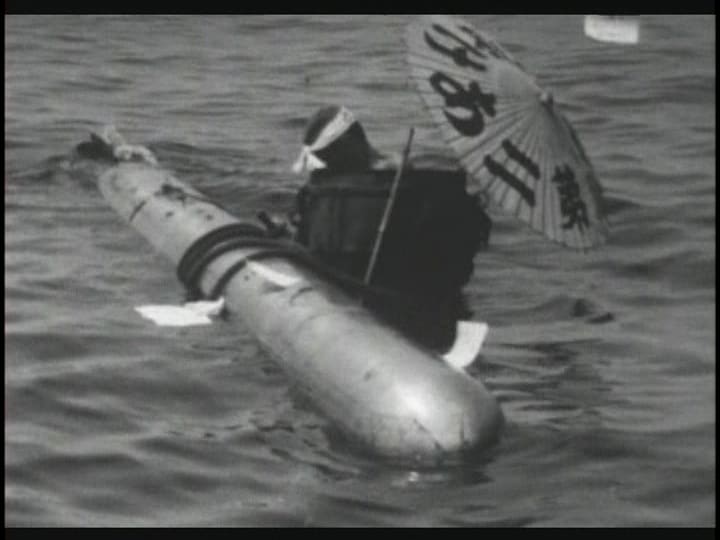





Fantastic effort!